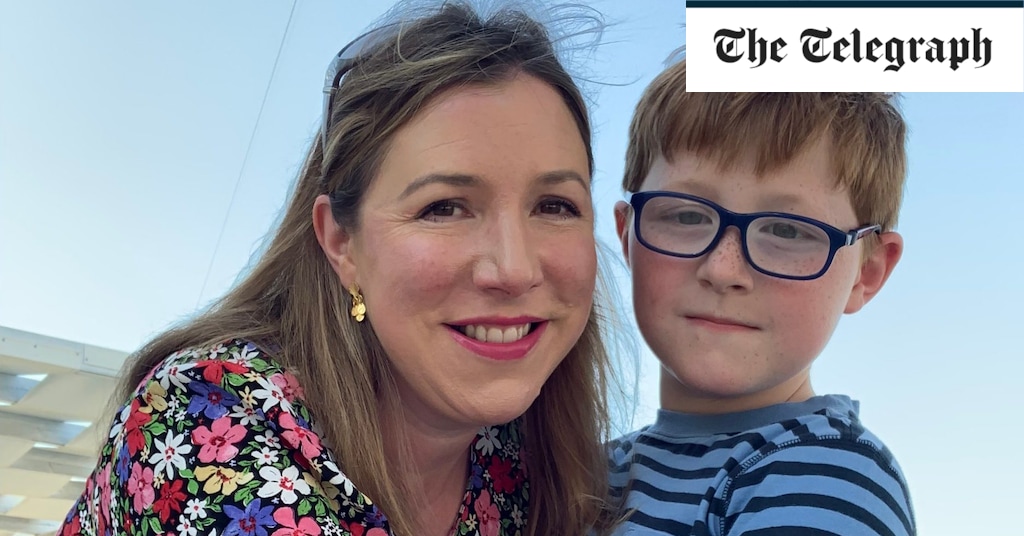I was recently asked for my thoughts on the increasing number of children being diagnosed with autism and ADHD today. The question raised was whether this rise in diagnoses is a new phenomenon or if it simply went unnoticed in the past.
This topic is one that I have encountered frequently, especially when discussing my own family and mentioning that my 11-year-old son, Eddie, is autistic.
I believe that the current trend of self-diagnosis, as highlighted by Anthony David, the director of UCL Institute of Mental Health, can be problematic. While raising awareness about neurodiversity is positive, it is crucial to emphasize the importance of professional diagnosis and definition.
Some individuals, even those who are well-informed, may question the necessity of focusing on neurodiversity and the significance of labels. This perspective often carries an undertone suggesting an overemphasis on the issue. However, it is essential to recognize that seeking the cause or a cure for neurodiversity implies a sense of fault and perpetuates the misconception that being neurodiverse is inherently wrong.
My son, Eddie, is a unique and wonderful individual. While he may perceive the world differently from his siblings, there is nothing inherently flawed about him. He has a candid nature, often expressing thoughts that others may only think. His social interactions can be unconventional, revolving around his passions such as Star Wars, Minecraft, and Lego.
Eddie thrives on routine and familiarity, struggling with sensory sensitivities like loud noises or certain textures. While he may find certain tasks challenging, such as tying shoelaces, he excels in activities like building intricate Lego structures. Understanding and accepting his differences have been key in supporting his growth and development.
Before Eddie’s diagnosis, I, like many others, may have been hesitant to label a child’s behavior, attributing it solely to parenting. However, the journey with Eddie has illuminated the complexity of neurodiversity and the need for tailored support and understanding.
The surge in autism diagnoses over the past two decades, as highlighted in a recent study, underscores the importance of increased awareness, reporting, and diagnostic practices. The evolving landscape of autism diagnosis reflects advancements in the field and a deeper understanding of neurodiversity.
Navigating the healthcare system for a diagnosis and appropriate support can be arduous, with lengthy waiting times and complex procedures. Securing the right resources, such as an Education, Health, and Care Plan, is crucial in ensuring that children like Eddie receive the necessary accommodations for their unique needs.
Addressing misconceptions and stigma surrounding autism is paramount in creating inclusive environments for neurodiverse individuals. Education and awareness play a vital role in fostering acceptance and support for individuals like my son.
As a parent of an autistic child, I have learned valuable lessons that have reshaped my perspective:
- Embracing diversity is essential in creating a more inclusive society.
- Simple gestures like wearing a sunflower lanyard can promote understanding and kindness.
- Meltdowns are often a manifestation of sensory overload rather than intentional misbehavior.
- Neurodiversity is a spectrum, and not everyone fits within a narrow definition.
- Society has a long way to go in fully integrating neurodiverse individuals into all aspects of life.
By sharing our experiences and advocating for acceptance, we can strive towards a more inclusive and understanding society for all individuals, regardless of their neurodiversity.

